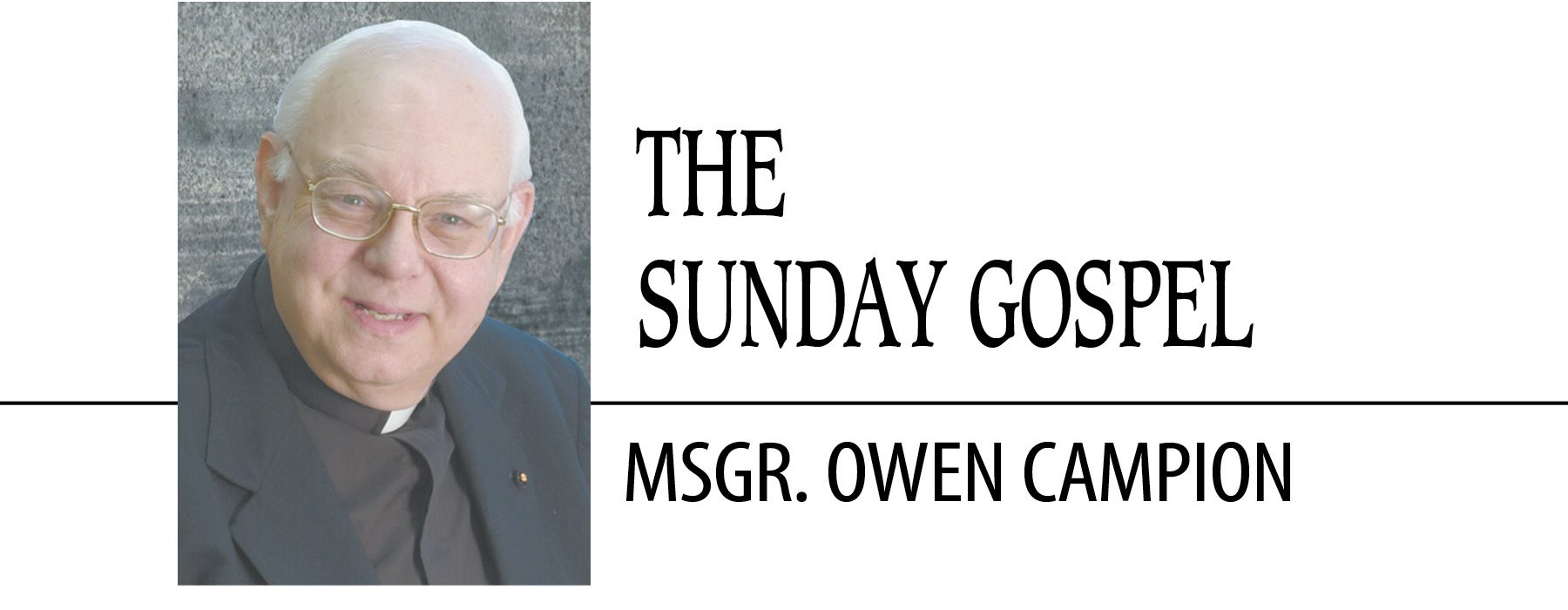October 3, 2020 // The Sunday Gospel
Those in God’s vineyard bear fruit in plenty
Twenty-Seventh Sunday in Ordinary Time
Matthew 21:33-43
The first section of the Book of Isaiah is the source of this weekend’s first reading. In this reading, the prophet speaks directly to the people. He speaks as God, in the first person.
He employs an image with which his contemporaries would have been very familiar, the image of the vineyard. Vineyards filled the land. The prophet described the land of God’s people as a vineyard. The people do not own the vineyard. It belongs to God. Lavish in generosity and care, God fills the vineyard with the choicest vines, and God tends the vineyard.
The author of this section of Isaiah was very disappointed with his people. He saw them moving along a path toward destruction. Why the concern? The people were polluting God’s vineyard. They became wild grapes, sour and bitter, unworthy of being in the beautiful vineyard. They were disloyal to God by being disobedient to God’s law and lax and sullen in their religious observance. Especially troubling the prophet were the leaders of the chosen people. They flirted with neighboring pagan states, allowing the paganism of these neighbors to influence them.
The Epistle to the Philippians provides the second reading this weekend.
Philippi was an important military post in the Roman Empire, located in modern Greece. It was a thoroughly pagan community, probably with a scattering of Christians. Pagans looked upon Christians with disdain, at best, with deadly threats at most, because of the Christians’ worship of the God of Israel, living in Jesus as the Son of God, and because of their devotion to the Gospel values of love, sacrifice, and life with God. Before very long, this disdain for Christians in the empire erupted into outright persecution.
Understandably, this epistle sought to encourage and reassure Philippi’s Christians, admonishing them always to be faithful to God, always to be holy and indeed to never to fear opposition or even persecution.
St. Matthew’s Gospel is the source of the third reading. As has been the case in past weeks, the selection for this weekend is a parable. Again, the story is about a discussion between Jesus and the priests and elders. Voicing the parable, Jesus refers to a “landowner” of a vineyard, who, of course, is God. Remember the first reading? Vineyards often were used in the Old Testament to describe the nation of Israel.
The landowner, or God, planted a vineyard. It belonged to God. The people occupying the vineyard merely were tenants. God protected this vineyard by surrounding it with a hedge, and then God went on a journey, leaving the tenants with the vineyard.
In due course the landowner sent servants to collect the yield, but the tenants had turned against God. Usurping ownership of the vineyard, the tenants killed the servants. God sent more servants. They were killed. Finally, the Son of God was sent, also to be killed. God drove the tenants from the vineyard.
Reflection
The Church has called us to discipleship during these weeks. It restates this call in these readings.
Ultimately, today’s lesson is not about doom and destruction, although Isaiah and Matthew feature unhappiness and death, and Paul wrote under a dark cloud. The message is about salvation and hope.
By disobeying, or ignoring, God, we bring chaos upon ourselves, as did the tenants in in the Gospel story. We remove ourselves from God’s vineyard by our voluntary sinfulness.
Bad consequences are not final. We may choose to return to with God. The righteous prove that they are worthy to be in God’s vineyard. Sinners are unworthy, but this message is not about despair and hopelessness, because God is merciful.
God accepts us back if we truly repent. He forgives us and we return to the vineyard, there to find life forever.
The best news. Delivered to your inbox.
Subscribe to our mailing list today.






